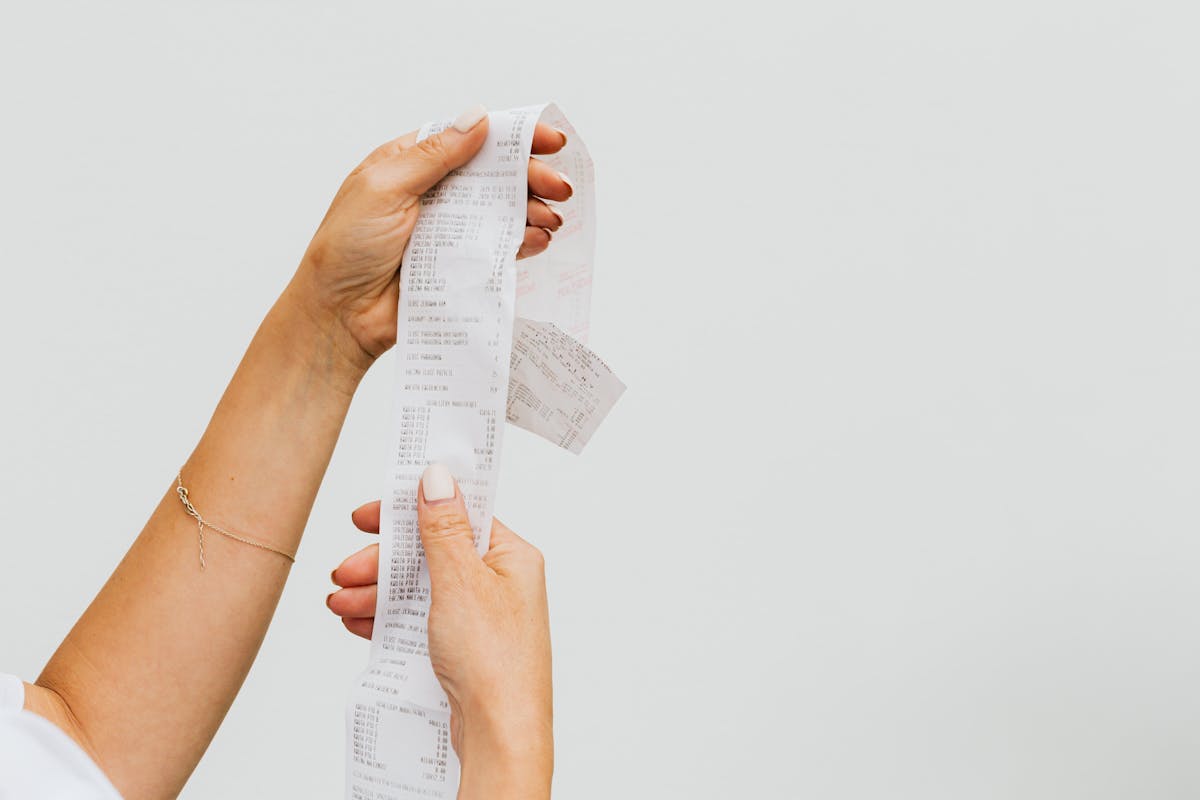Tech Giants to Pay? Trump & Northeast Governors Propose Auction
As electricity demand accelerates across the United States, a new proposal has placed the energy consumption of large technology companies at the center of a broader debate about infrastructure, affordability and responsibility. What began as a technical discussion about grid capacity has evolved into a political and economic question with nationwide implications.The administration of Donald Trump, alongside a group of governors from northeastern states, has urged PJM Interconnection, the largest power grid operator in the country, to consider holding an extraordinary electricity auction. The goal is to secure new, long-term energy generation while shifting more of the financial burden toward…






